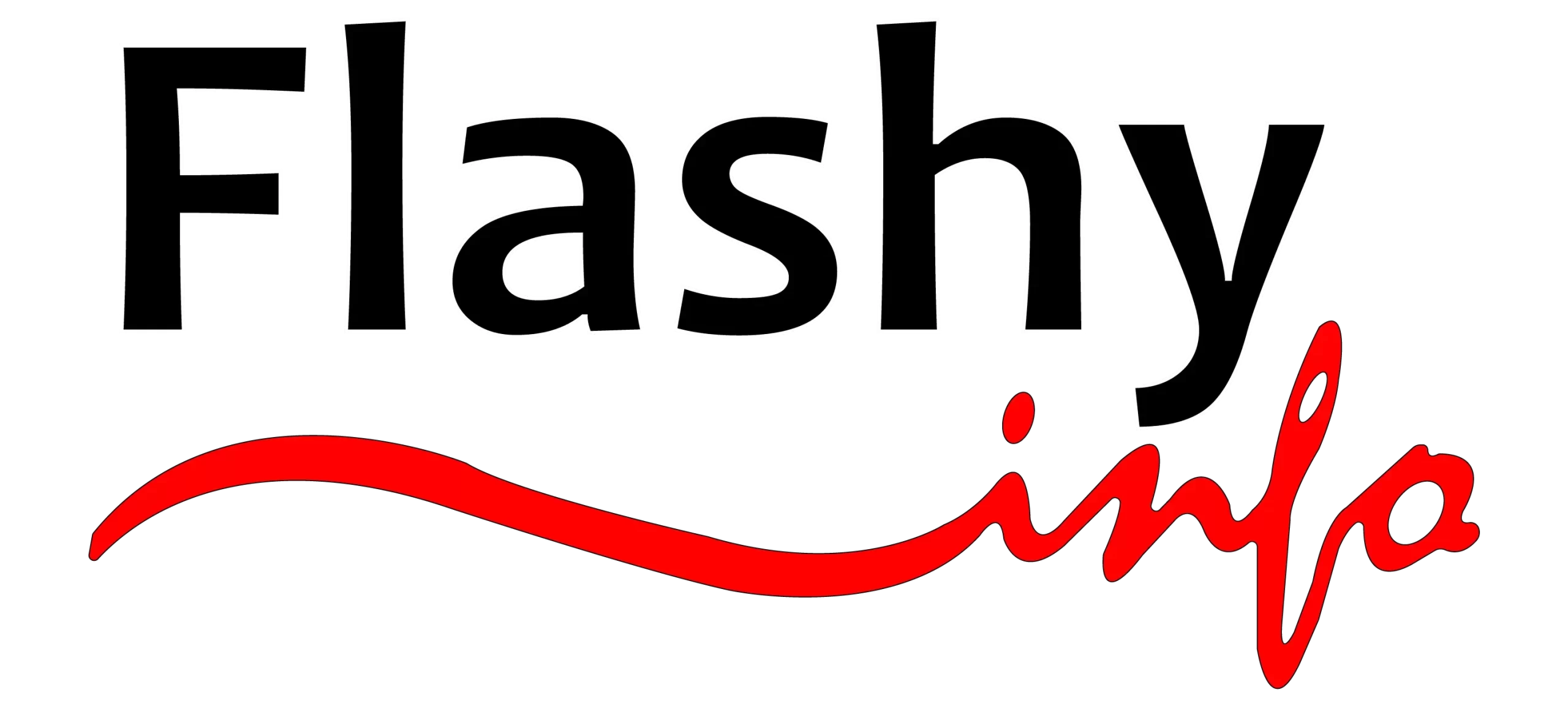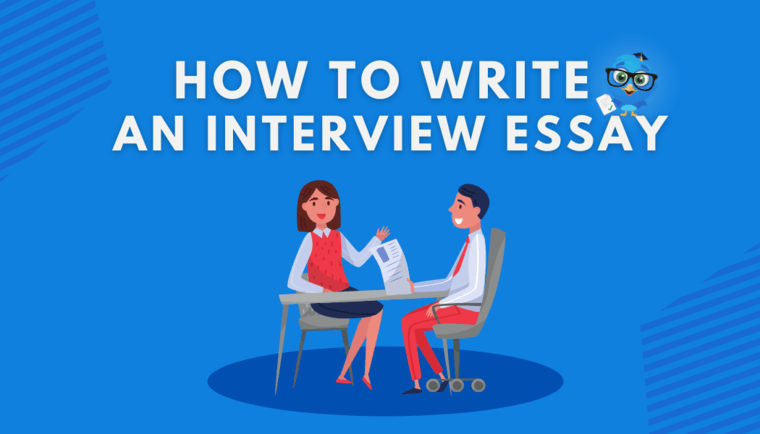All You Need to Know About Interview Essay Writing
In essay writing there’s a unique genre that offers a fascinating journey into personal perspectives and real-life experiences. Interview essays, often overlooked, hold the power to capture stories, insights, and wisdom that words alone cannot convey. Whether you’re a student looking to explore this genre or an avid writer keen on sharpening your skills, understanding the art of interview essay writing is a valuable endeavor. Today, with the help of a “write my paper service,” we’re diving into this realm of creativity and expression.
Interview essays are like windows into the minds and lives of fascinating individuals. They provide an opportunity to not only learn from others but also to share their stories with a wider audience. In this article, we’ll embark on a journey to unravel the key aspects of interview essay writing, serving as your trusty guide through this captivating writing realm. From preparing for the interview and structuring your essay to crafting compelling narratives, we’ve got you covered. So, let’s explore the world of interview essays and discover how you can create impactful narratives that resonate with your readers.
Preparing for the Interview
When it comes to crafting an engaging and insightful interview essay, the foundation is built during the preparation phase. Before you sit down with your interviewee, it’s crucial to do your homework. Begin by researching your interviewee’s background, experiences, and the subject matter you’ll be discussing. This knowledge not only demonstrates your genuine interest but also helps you ask informed and relevant questions. A well-rounded understanding of your interviewee’s background can provide context and depth to the responses, enriching your essay. With the help of top essay writing services, you can refine your research skills and ensure that you’ve explored every relevant aspect of your interviewee’s life and expertise.
The heart of a successful interview essay lies in the questions you pose during the interview. Craft questions that are not only pertinent to the topic but also open-ended, encouraging your interviewee to share their experiences, insights, and opinions. Avoid yes-or-no questions and instead opt for queries that invite detailed responses. It’s a good practice to have a mix of questions, from those that delve deep into the subject matter to more personal inquiries that reveal your interviewee’s unique perspective. Lastly, ensure that your interview is conducted in a comfortable and non-intimidating environment. Scheduling a suitable time and place for the interview helps both you and your interviewee relax and engage in a more open and honest conversation, setting the stage for an interview essay that truly captivates its readers.
Structuring Your Interview Essay
Once you’ve gathered the insightful content from your interview, the next crucial step is structuring your interview essay. Like any well-crafted essay, it should comprise the standard three components: an introduction, body, and conclusion. Your introduction sets the stage for what’s to come and should provide a brief overview of the interviewee, the context of the interview, and the central theme of the essay. It should capture your readers’ attention, making them eager to delve deeper into the content. In the body of your interview essay, it’s vital to create a narrative that flows smoothly. The central theme or the key points that emerged during the interview should guide the organization of your content. It’s often effective to present the material in a chronological or thematic order, depending on what fits your interview and the story you want to tell. Lastly, in the conclusion, wrap up the essay by summarizing the main takeaways from the interview and reiterating its significance. A well-structured interview essay keeps your readers engaged and helps them follow the narrative effortlessly.
Structuring your interview essay isn’t just about arranging information but also about creating a compelling narrative. Interviews provide unique insights, and it’s your task to turn these insights into a captivating story. Use vivid descriptions and engaging language to paint a vivid picture of the interviewee and their experiences. Craft the essay in a way that makes readers feel as though they were right there, in the room, listening to the conversation. Additionally, effective organization of quotes, observations, and analysis is crucial. Integrate quotes smoothly into the text, ensuring they complement your narrative and add depth to the content. Balance direct quotes with your own observations and analysis. It’s also valuable to include some context or background information where necessary, particularly if it helps readers understand the interviewee’s perspective. When done skillfully, structuring your interview essay brings the content to life, creating a compelling and insightful piece that resonates with your readers.
Writing and Editing the Interview Essay
Once you’ve gathered all the material and structured your interview essay, it’s time to dive into the writing process. Clarity and objectivity should be your guiding principles. Present the information from the interview in a clear, straightforward manner. Make sure your writing conveys the interviewee’s thoughts and experiences accurately, without introducing bias or undue influence. An engaging introduction is essential. It should not only introduce the interviewee and the purpose of the interview but also captivate your readers. You might consider starting with an intriguing anecdote or a thought-provoking quote from the interview to draw readers into the narrative. Similarly, the conclusion should neatly tie together the main takeaways from the interview and the significance of the conversation. It’s the final impression you leave on your readers, so it’s crucial that it’s impactful.
Writing an interview essay is not the end; it’s also about refining and polishing your work. Begin with a careful revision process, focusing on the clarity, coherence, and structure of the essay. Check for any ambiguities, awkward sentences, or inconsistencies. Make sure you’ve effectively cited the sources, attributing the interviewee’s insights properly. Proofreading is equally important to catch any grammar, spelling, or punctuation errors. Efficiently citing sources is crucial, as it adds credibility to your essay and avoids issues of plagiarism. Employ the citation style required by your educational institution or as specified in your assignment guidelines. Writing and editing an interview essay is the phase where your ideas and content take shape, making your essay ready for your readers to gain valuable insights.
Conclusion
In conclusion, interview essays are a powerful means of capturing personal perspectives and experiences, and they offer a unique window into the lives, thoughts, and insights of others. Throughout this article, we’ve explored the essential aspects of interview essay writing, from preparing for the interview to structuring your essay and finally, the art of writing and editing. We’ve seen how this genre of writing can serve as a valuable tool for sharing stories, disseminating knowledge, and bringing to light diverse voices and viewpoints.
As you embark on your journey of creating interview essays, remember the significance of understanding your subject, structuring your narrative effectively, and maintaining clarity and objectivity in your writing. Whether you’re crafting an interview essay for academic purposes or personal projects, these techniques will enable you to present captivating, meaningful narratives. So, don’t hesitate to pick up that pen or prepare your digital recorder—interview essays are your passport to exploring the world through the words and experiences of others. We encourage you to apply the knowledge shared here and start your interview essay adventure, contributing to the tapestry of human stories and wisdom.







